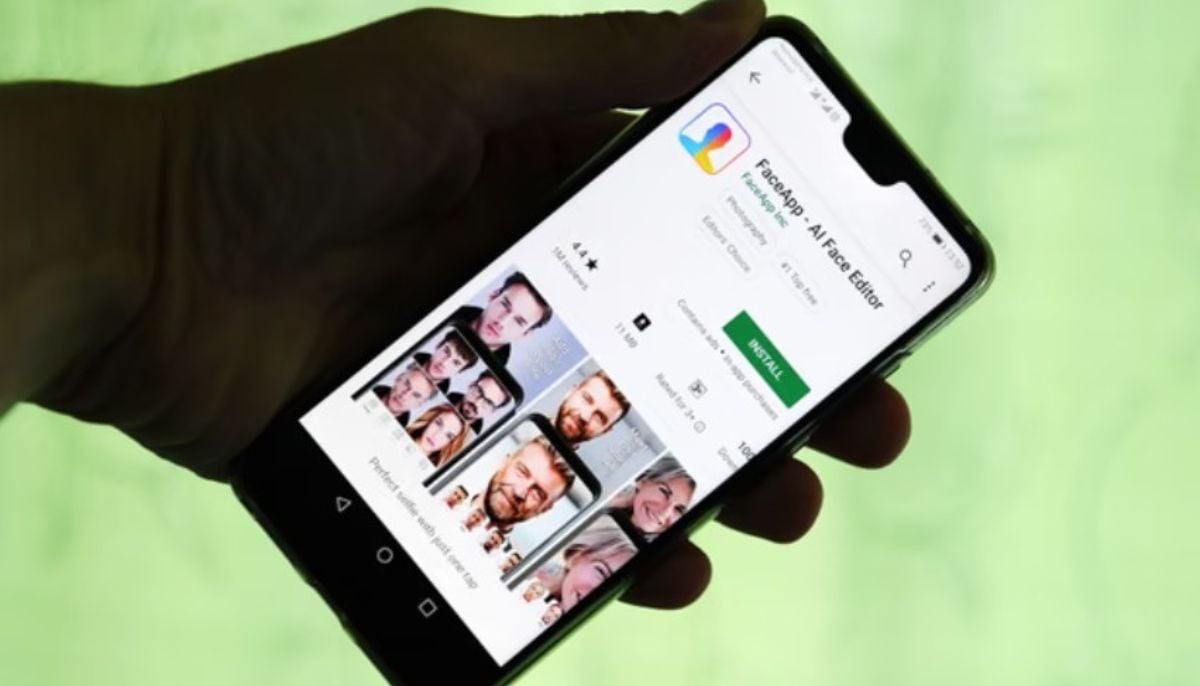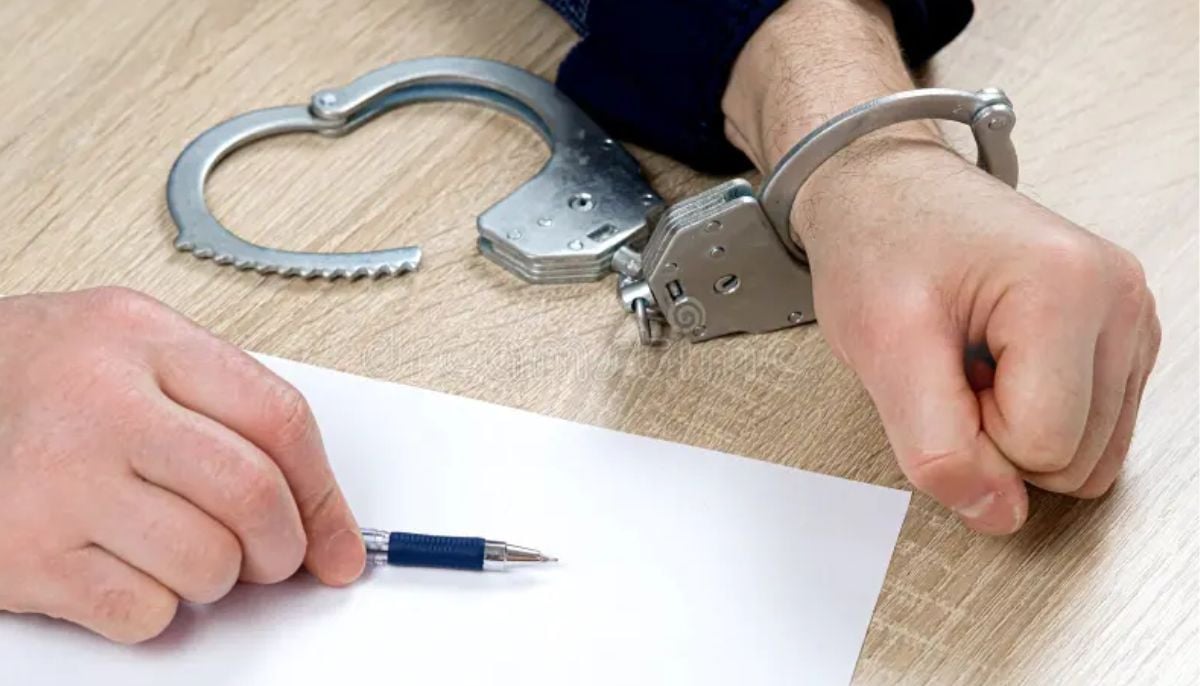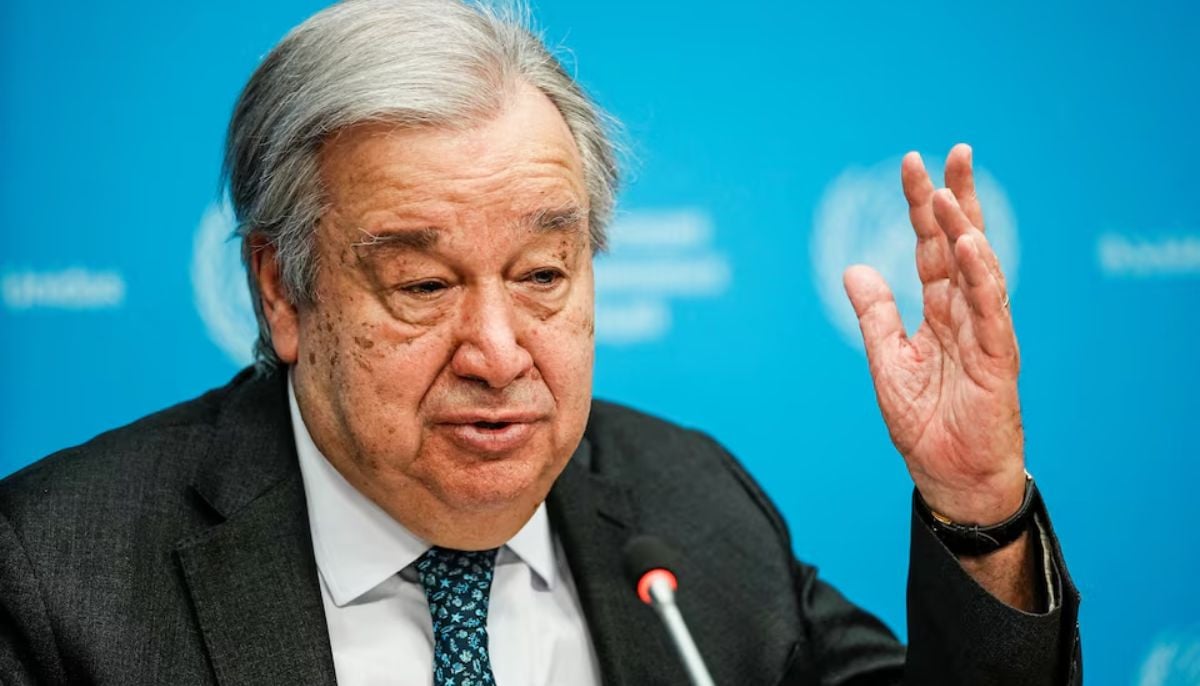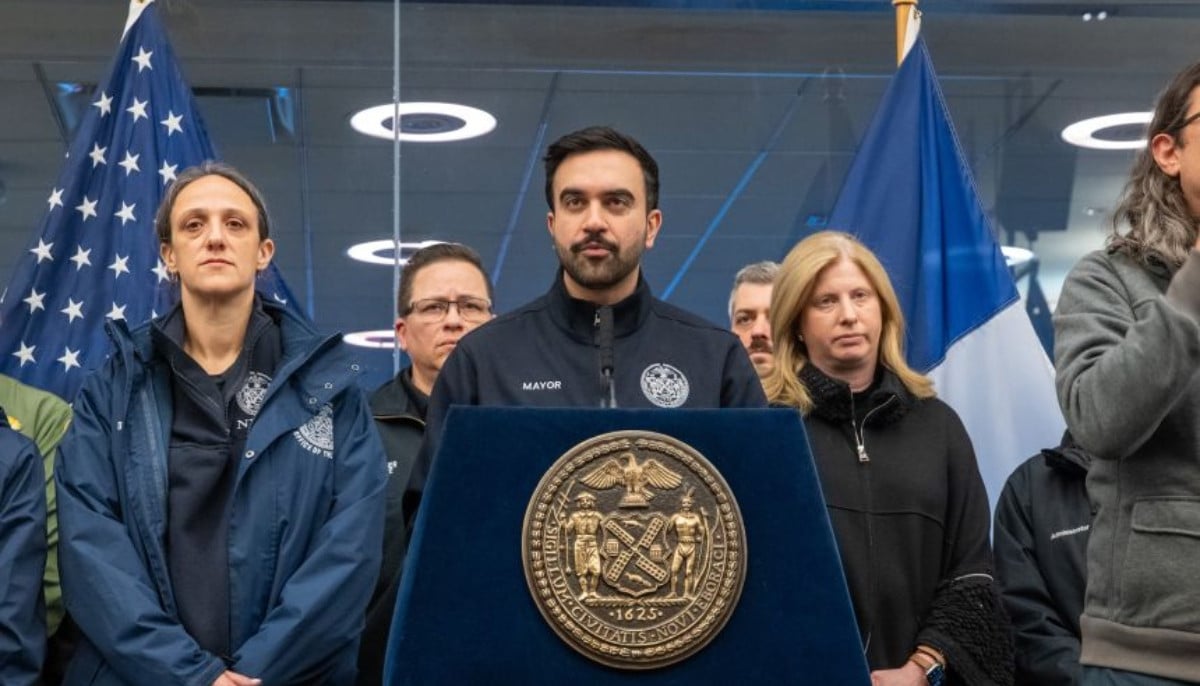UK govt advises communities not to trust fake news during virus lockdown
Police services said that there have been incidents of cybercrimes where professional criminals have tried to target vulnerable people
LONDON: Members of the British Muslim and Pakistani community have been urged to be careful about fake information on the coronavirus and possible attempts by fraudsters to cheat them.
Since the outbreak of COVID-19 across the world, there has been a lot of fake news in circulation everywhere and the United Kingdom is no exception where fake news – using unverified and unscientific falsehood – has spilled over to social media sites and Whatsapp groups.
Police services said that there have been incidents of cybercrimes where professional criminals have tried to target vulnerable people to make money by posing as either policemen or health officials.
In a recent press conference, Director-general of UK's National Crime Agency (NCA) Lynne Owens mentioned how criminals were taking advantage of the coronavirus crisis.
She said: "This is, clearly, a new environment for all of us. Officers across policing are doing a fantastic job engaging with the public, explaining and encouraging people to comply with the government guidelines to stay home, protect the NHS and to save lives. It is proving effective in the vast majority of cases.
"But serious and organised criminals are looking to take advantage of these unprecedented times. It is showing them for what they really are – amoral, corrupt and exploitative."
During this crisis, people are hungry for accurate information about how to protect themselves and as a result, a lot of fake news offering advice and help has found its way of making into homes and communities.
According to research by the government, there have been a lot of examples of unverified information circulating such as: holding your breath for ten seconds is a test for coronavirus and gargling water for 15 seconds is not a cure; phone masts cannot cause coronavirus etc.
The examples also included fake texts claiming to be sent from the government alerting people they have received a fine for breaking social distancing rules; numerous updates from people claiming to be medical experts; people paying for protective face masks and hand sanitizers from companies that don’t exist.
In several cases, fraudsters have been sending messages to trick people into thinking they are getting genuine offers of financial support from the government. A couple in Ilford shared with that they received text messages followed by calls from a call centre offering them £50,000 each from Her Majesty’s Customs and Revenue department in compensation for the losses people have suffered.
The fraudsters asked the couple for their bank account details, date of birth and home address for the processing of their claims. Luckily, the couple asked for an office call back number and that’s when the fraudster dropped the call.
The next day, the same lines were used by a female caller pretending to be from an agency working on behalf of the government. The couple asked her questions and she cut the call off.
A spokesperson for the MHRA (Medicines and Healthcare products Regulatory Agency) said, "Patient safety is our highest priority, and we are working with other law-enforcement agencies and with partners across government to combat this type of criminal activity. We are also actively investigating a number of reports of the sale of counterfeit or unlicensed products relating to COVID-19."
There are reports that hackers have been stepping up attempts to access people’s networks and steal their login details and passwords using the latest technologies.
Samad Rahim, a postgraduate student at School of African and Oriental Studies said that he received a suspicious message from a user identified as 'Deal Alerts' mentioning that he was a member and would be charge upto £4.5 a week if he didn't message them to stop.
He said, "I never signed up for this but they said I'm a member unless I unsubscribe.
"And from a tech point of view, this is tricky. Because before this message I had never messaged them. Me messaging them now could be their goal because a message from your device signed in to your home network with your number is sometimes all a hacker needs."
In an effort to help from falling victims to criminal gangs and fraudsters, the government has developed a checklist to help people protect themselves from cyber fraud.
The government is asking people to think carefully before giving away personal information or giving out money to someone over the phone or at the doorstep. The objective is to make people think hard and raise questions about the person claiming be working for a bank or a financial institution working for the government.
Fraudsters have been sending out mass emails pretending to be bank officials and charities using catchy language offering financial rewards and asking the email users to open attachments as a must to access crucial information.
Once these attachments are clicked open, viruses are downloaded in the machines, which enable hacking of systems and enabling fraudsters to gain control of private information. Lots of emails have been circulating in recent days offering help on corona treatment and financial help to people staying at home.
The government has advised people not to open any suspected emails or click on the attachments. The advisory says that one should think again and again before clicking open an attachment or responding to an email or text requests which looks even remotely suspicious and which have either come out from nowhere or even if someone was expecting a certain communication.
The head of a Muslims charity in London told Geo.tv that in the month of Ramadan, fraudsters use their usual techniques asking Muslims to pay charitable donations to fraud accounts and fraud charities set up solely for fraud purposes. The government has advised people to always check the credentials of charities before making donations.
The government’s message is: “Don’t be afraid to challenge things like this. It’s ok to refuse or ignore requests for your money or details if you are suspicious – only criminals will try to rush or panic you.
Remember the police and banks will never ask you to withdraw money or transfer it to a different account. Neither will they ask you to reveal your full banking password or Pin. You can check that requests are genuine by using a known number or email address to contact organisations directly. And if you think you have fallen victim to a scam, then contact your bank immediately and report it to Action Fraud.”
-
Jack Hughes' patriotic words spark calls for Tate McRae to dump her boyfriend
-
US government to cease collecting tariffs after Supreme Court ruling
-
‘Global human rights are under attack,’ UN chief Antonio Guterres issues stark warning
-
Who was ‘El Mencho’? Inside the rise and fall of Mexico’s most wanted drug lord killed in military operation
-
BTC price today: Bitcoin sinks below $65K on trade uncertainty
-
NYC travel ban: Mamdani shuts down roads amid blizzard conditions
-
Akinola Davies Jr. gives his immigrant parents a shoutout in 2026 BAFTAs acceptance speech
-
Italy: Skeleton of Saint Francis of Assisi’s goes on public display for first time after 800 years












